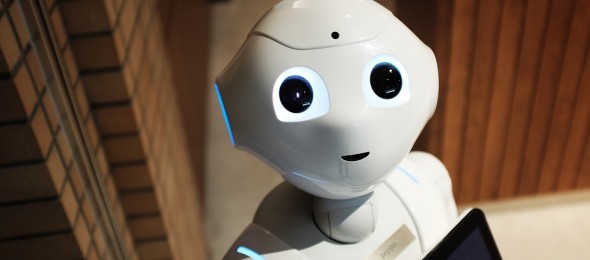A “robot mediator” has reportedly settled a court case for the first time. The underlying dispute concerned unpaid fees allegedly owed for personal counseling sessions. After initial attempts to mediate the dispute failed, a court hearing was scheduled. The dispute was ongoing for three months when Graham Ross, a mediator, recommended the parties use Smartsettle ONE, an online dispute resolution (“ODR”) tool that utilizes artificial intelligence technology. The system allows both parties to privately make offers and uses algorithms to attempt to move both sides toward an acceptable settlement. Furthermore, the algorithm rewards parties that move quickly toward the ultimate settlement range. This provides a further incentive to negotiate fairly and expedites the process. Ultimately, the system allowed the parties to settle their dispute in less than one hour.
ODR is a rapidly growing area that can take a variety of forms. As discussed, the “robot mediator” approach involves mediation driven entirely by artificial intelligence, rather than a human mediator. At this time, however, such technology is still in its infancy and can currently only support very simple disputes. Meanwhile, traditional ODR typically targets “high-volume” cases with low monetary claims, such as debt collection. Under this approach, the process is highly standardized which allows a mediator to work with the parties to quickly reach a settlement. Numerous courts have begun to experiment with this form of ODR, including courts in Utah and Connecticut. By incorporating ODR into the judicial process, courts seek to not only increase access but also reduce the costs associated with resolving disputes.
Complex disputes can also be handled through ODR. One form of ODR mirrors standard mediation but takes place entirely online. This option allows parties to retain all of the benefits of a typical mediation, while also saving time and money due to the efficiencies of working over the internet rather than meeting in person. Parties already pursuing mediation for complex disputes should consider ODR as a cost-saving alternative to traditional in-person mediation.
Photo by: Alex Knight on Unsplash














